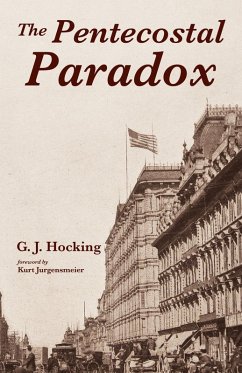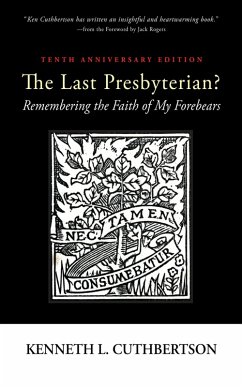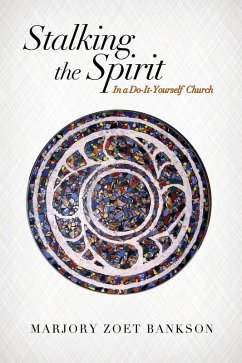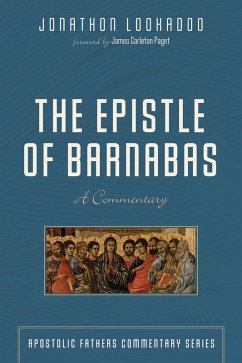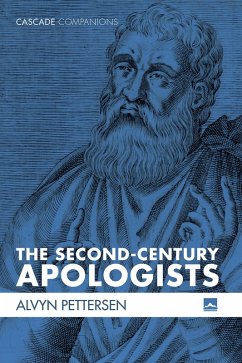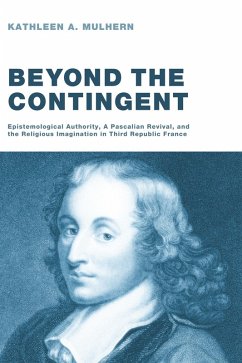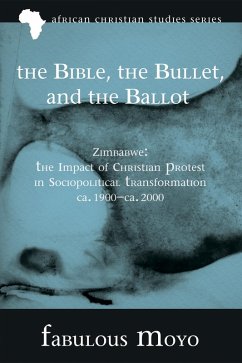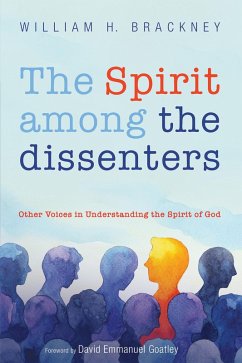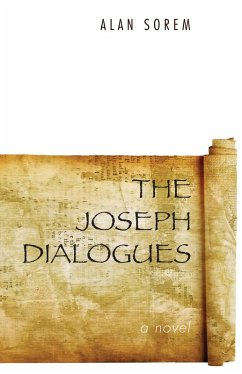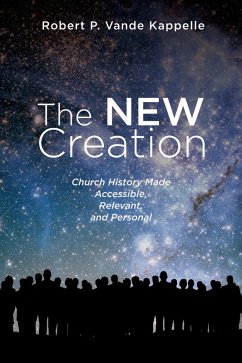
The New Creation (eBook, ePUB)
Church History Made Accessible, Relevant, and Personal
Versandkostenfrei!
Sofort per Download lieferbar
18,95 €
inkl. MwSt.
Weitere Ausgaben:

PAYBACK Punkte
9 °P sammeln!
Christianity is essentially a historical religion. It cannot be understood merely through a set of dogmas, a moral code, or a view of the universe. Through the stories of Israel, Jesus, and the developing church, Christianity acknowledges the revelation of God in action. Augustine, the great medieval theologian, envisioned human society as composed of two "cities," distinguished by two loves: the love of God and the love of Self. He viewed these cities as universal in scope and operative throughout human history. This perspective raises questions about the church's nature, its role in society,...
Christianity is essentially a historical religion. It cannot be understood merely through a set of dogmas, a moral code, or a view of the universe. Through the stories of Israel, Jesus, and the developing church, Christianity acknowledges the revelation of God in action. Augustine, the great medieval theologian, envisioned human society as composed of two "cities," distinguished by two loves: the love of God and the love of Self. He viewed these cities as universal in scope and operative throughout human history. This perspective raises questions about the church's nature, its role in society, and whether the church has lived up to its nature and destiny as God's new creation. The New Creation defines the church as "the people of God," related but not equivalent to Israel or the institutional church. This text provides a clear and concise survey of the church as God's instrument for the providential care of the earth and its human family. The story of the church begins with Abraham in the second millennium BCE, long before Jesus or the birth of Christianity, and it proceeds through three epochs: 1.Formation (c. 1850-4 BCE), 2.Transformation (4 BCE-1500 CE), and 3.Reformation (1500 CE-present). Ideal for individual or group study, The New Creation divides church history into nine units, each discussed as a phase in the church's organic growth and development. In addition to the narrative, each chapter includes three features for that epoch of church history: 1) a significant event, 2) a turning point or decisive moment, and 3) study questions.
Dieser Download kann aus rechtlichen Gründen nur mit Rechnungsadresse in A, D ausgeliefert werden.





